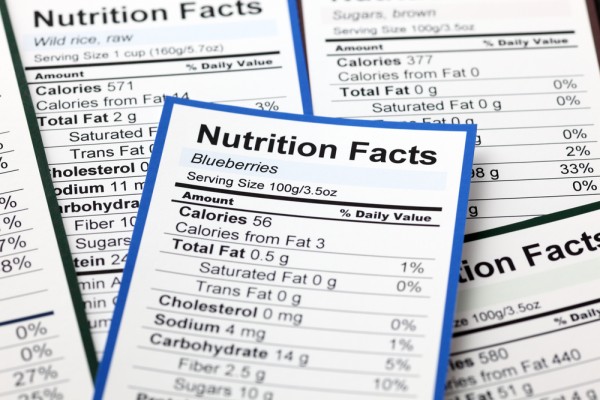Examining the growing use of AI model cards
23/08/2023 | IAPP
As we continue to push the boundaries of artificial intelligence (AI), it's becoming increasingly important to ensure that we're using the technology in a safe and responsible way. Model cards are one way organisations can promote transparency and accountability in developing and deploying AI. Think of them as similar to privacy nutrition labels but for AI models. They provide information about the model, including its version number, description and architecture. They also provide information about the data used in training the model, its intended use, performance metrics, quantitative analysis around potential biases or limitations, and other ethical considerations, such as privacy, fairness, and individual or societal impacts from the model's use. By providing this information upfront, organisations can help mitigate the risks associated with AI and ensure that the technology is used to benefit everyone. In this article for the IAPP, Anokhy Desai, CIPP/US, CIPM, CIPT, discusses five things AI governance practitioners should know about model cards, along with examples of how companies such as Meta, Microsoft, OpenAI, Google and IBM are using them.
In a related article, Axios reports that communication tool services company Twilio is adding "nutrition labels" to its AI services. The labels will state what AI models are being used, the data used to train those models, how collected data will be used and more. The company also offers an online tool to help other companies generate similar labels.

What is this page?
You are reading a summary article on the Privacy Newsfeed, a free resource for DPOs and other professionals with privacy or data protection responsibilities helping them stay informed of industry news all in one place. The information here is a brief snippet relating to a single piece of original content or several articles about a common topic or thread. The main contributor is listed in the top left-hand corner, just beneath the article title.
The Privacy Newsfeed monitors over 300 global publications, of which more than 6,250 summary articles have been posted to the online archive dating back to the beginning of 2020. A weekly roundup is available by email every Friday.

